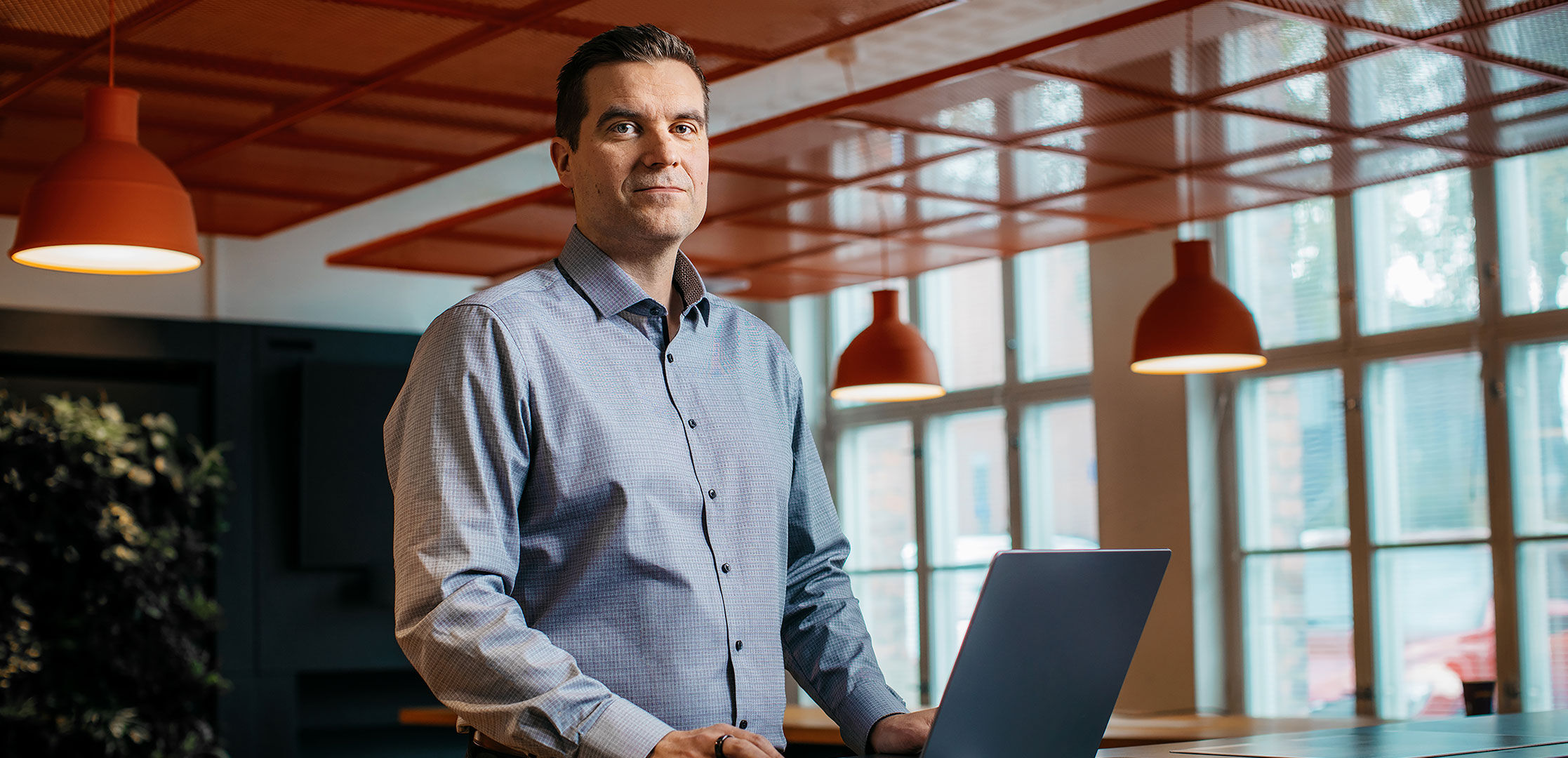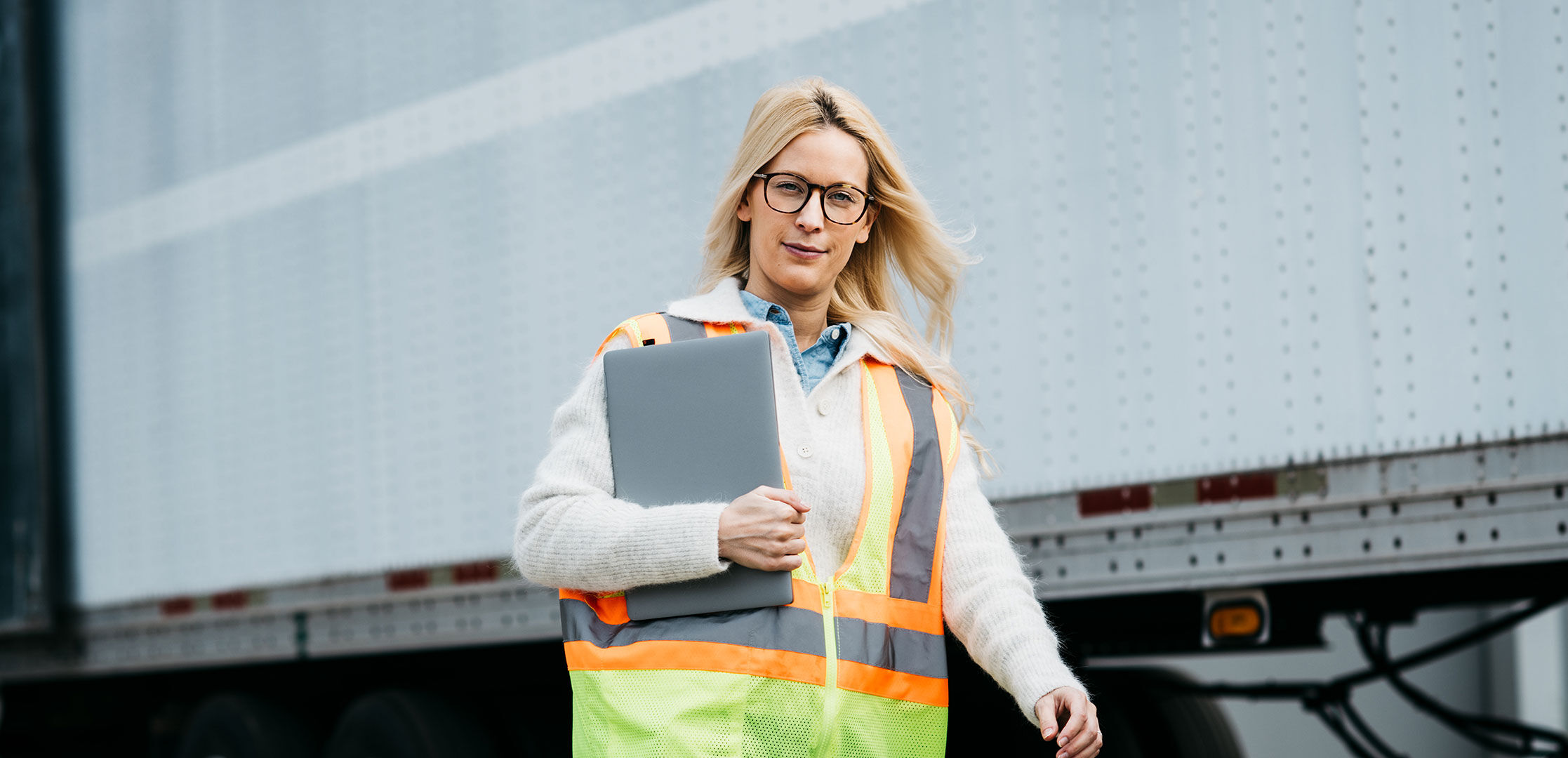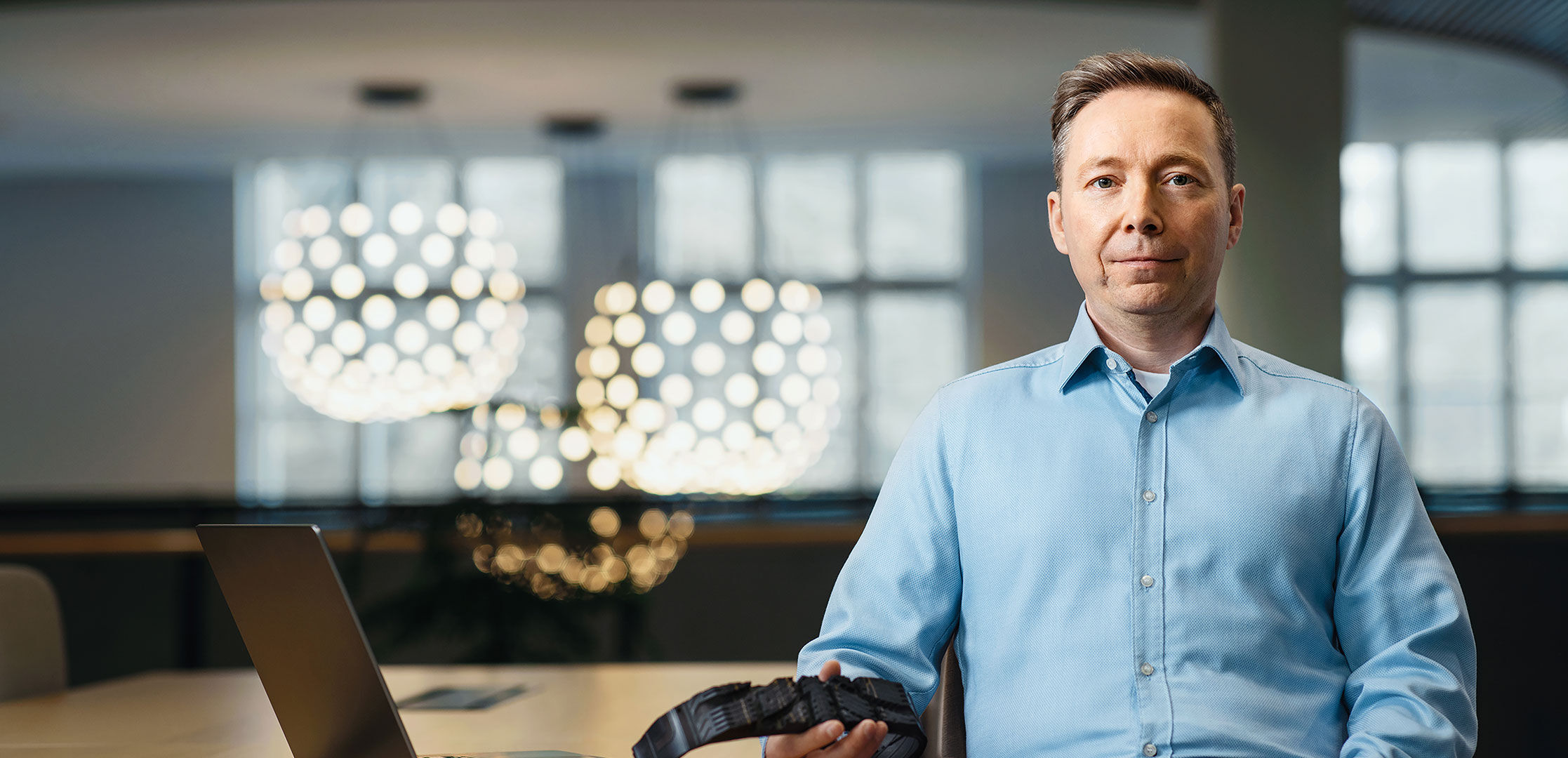Article
Mikko Lehtinen: "Investing in sustainability creates competitive advantage"

At Nokian Tyres, sustainability is a natural part of our business and one of our strategic cornerstones. It means, among other things, sustainable product development, safe and environmentally friendly products, and high-quality standards in everything we do. Mikko Lehtinen, Head of Business Areas, B2C & B2B at Vianor Group, explains how sustainability is visible in his work.
Mikko Lehtinen has worked at Nokian Tyres for over twenty years in various positions. In his current role at Vianor, Mikko leads Vianor's consumer (B2C) and customer (B2B) business areas and their development. Tasks include, for example, international customer relationships, omnichannel sales management and customer experience development, and business development projects. Currently, he and his team at Vianor are working on the development of more data-driven business and value-based service concepts among other things.
According to Mikko, customer and consumer orientation and value creation are the starting point for everything in business development. "Vianor has different customer segments in both B2B and B2C, and they have different needs and expectations from us. It is important to develop our ability to respond to their needs and to be able to offer chain-like high-quality service with consistent and efficient operating models. Sustainability is not separate from other operations but a part of business development and considered in everything we do.”
In addition to business development, sustainability is visible in Mikko's daily work, for example, in competitive tendering and discussions with the largest customers. "For many of our corporate customers, sustainability has been an important criterion when choosing a partner for years. Discussions related to sustainability themes can sometimes be detailed and concern, for example, improving workplace safety or reducing emissions from operations. In competitive tendering, sustainability is assessed more extensively either on the basis of customer companies' own surveys, or on the basis of evaluations made by the best-known producers of corporate sustainability classifications, such as EcoVadis."
In recent years, Vianor has invested in, among other things, digital tire condition inspection, which aims to provide information to consumers, improve the service experience, and ensure that consumers drive with safe tires.
In the big picture, this also affects traffic safety. "We piloted digital tire measurement years ago and have continued to develop and expand the service. We plan to provide consumers with a portal where they can log in to check, for example, the condition of their tires whenever they want. Our long-term goal is to predict tire wear based on data, which allows us to proactively inform the consumer that the tires may be at the end of their service life," Mikko says.
"The significance of sustainability in consumers' purchasing decisions varies, but it is becoming an increasingly important criterion when choosing products and services, as we see in all other sectors. For corporate customers, sustainable business is already an expected value, and visible measures are required to develop it. Sustainability also plays a role in employee satisfaction and the company's employer image when considering new recruitment,” Mikko concludes.
“I believe that by investing in sustainability, we will build prerequisites for success in the long run. At its best, sustainability can be a competitive advantage for us as part of the product and service package we offer our customers and consumers," Mikko sums up.


